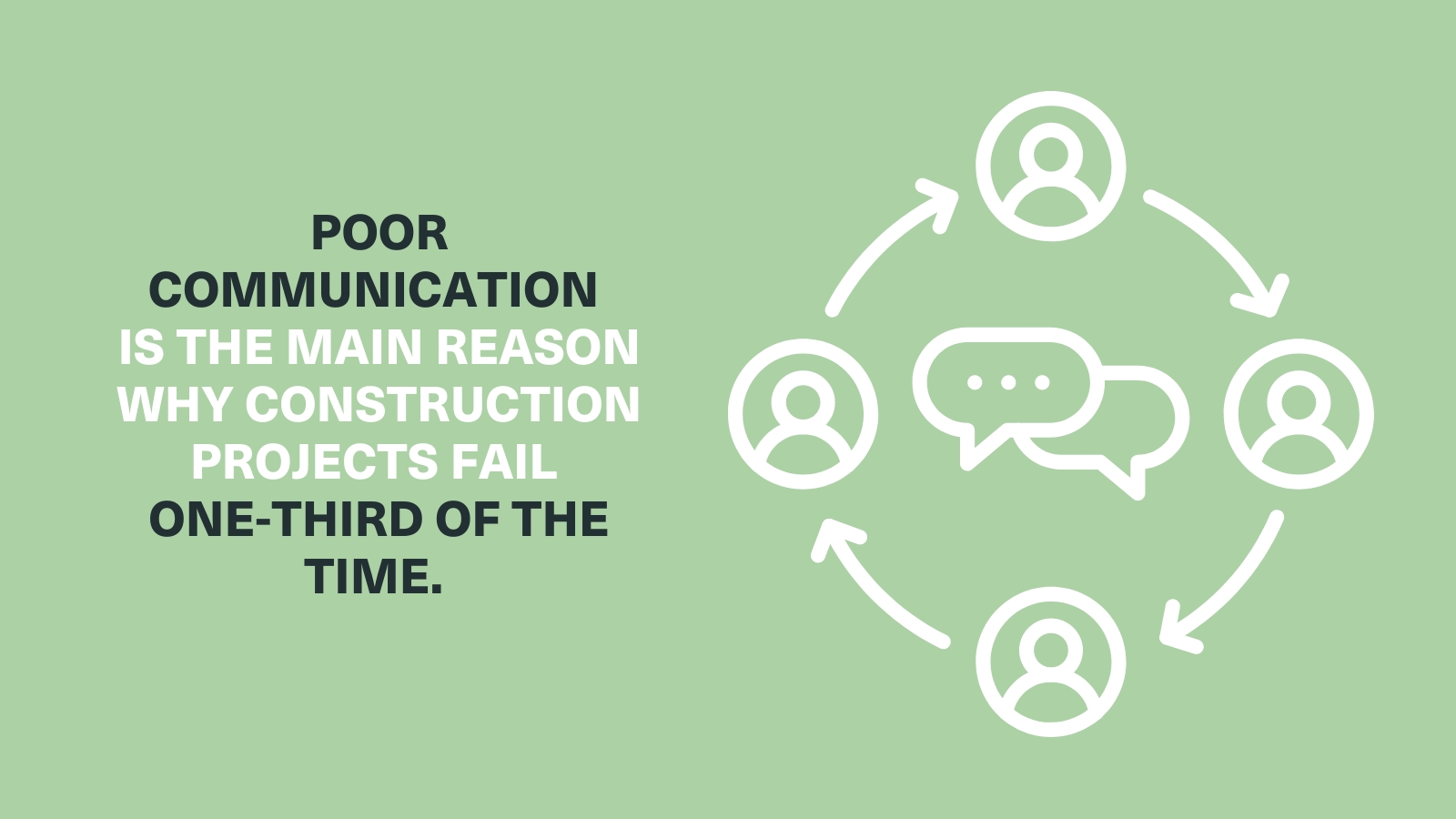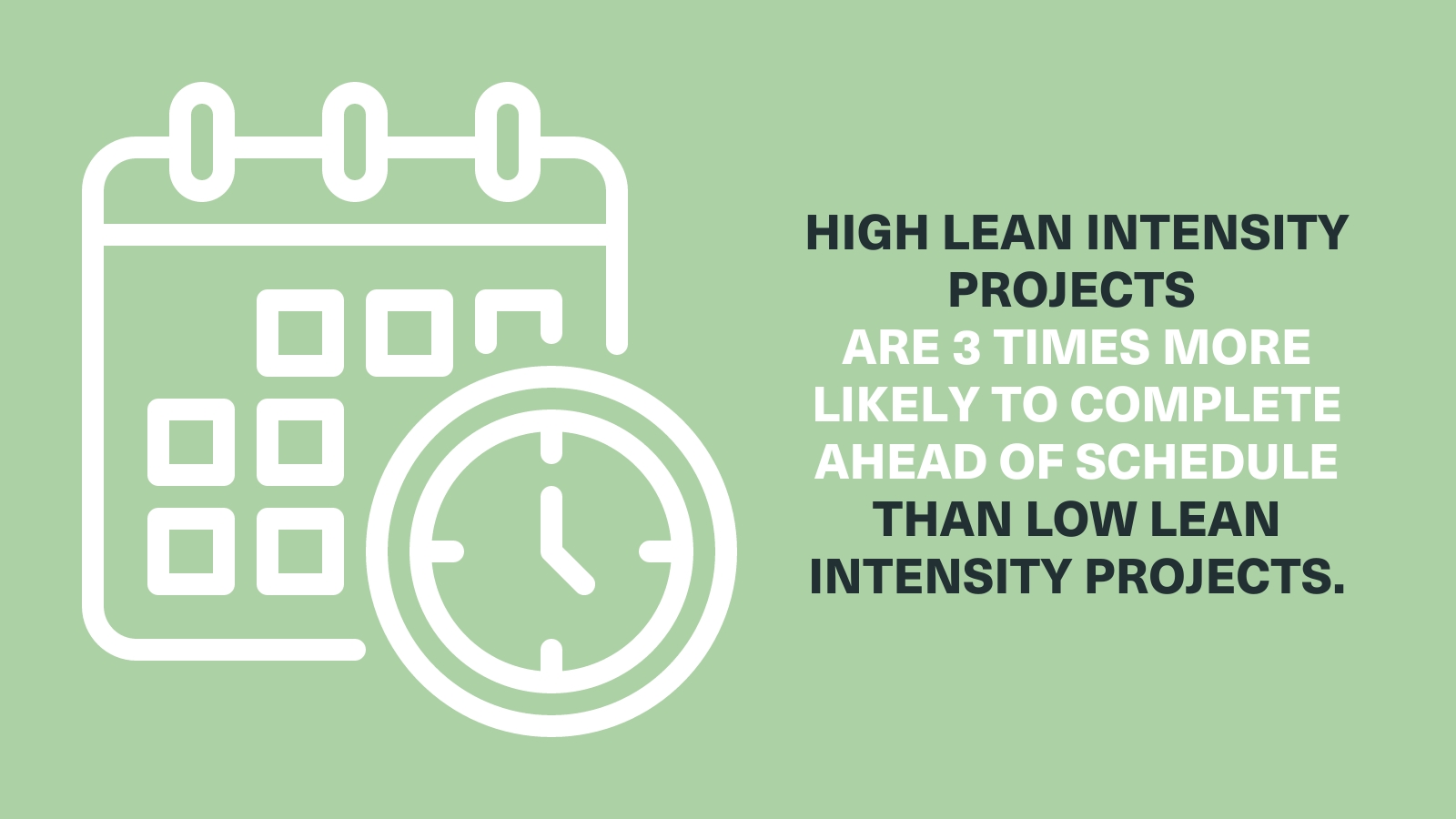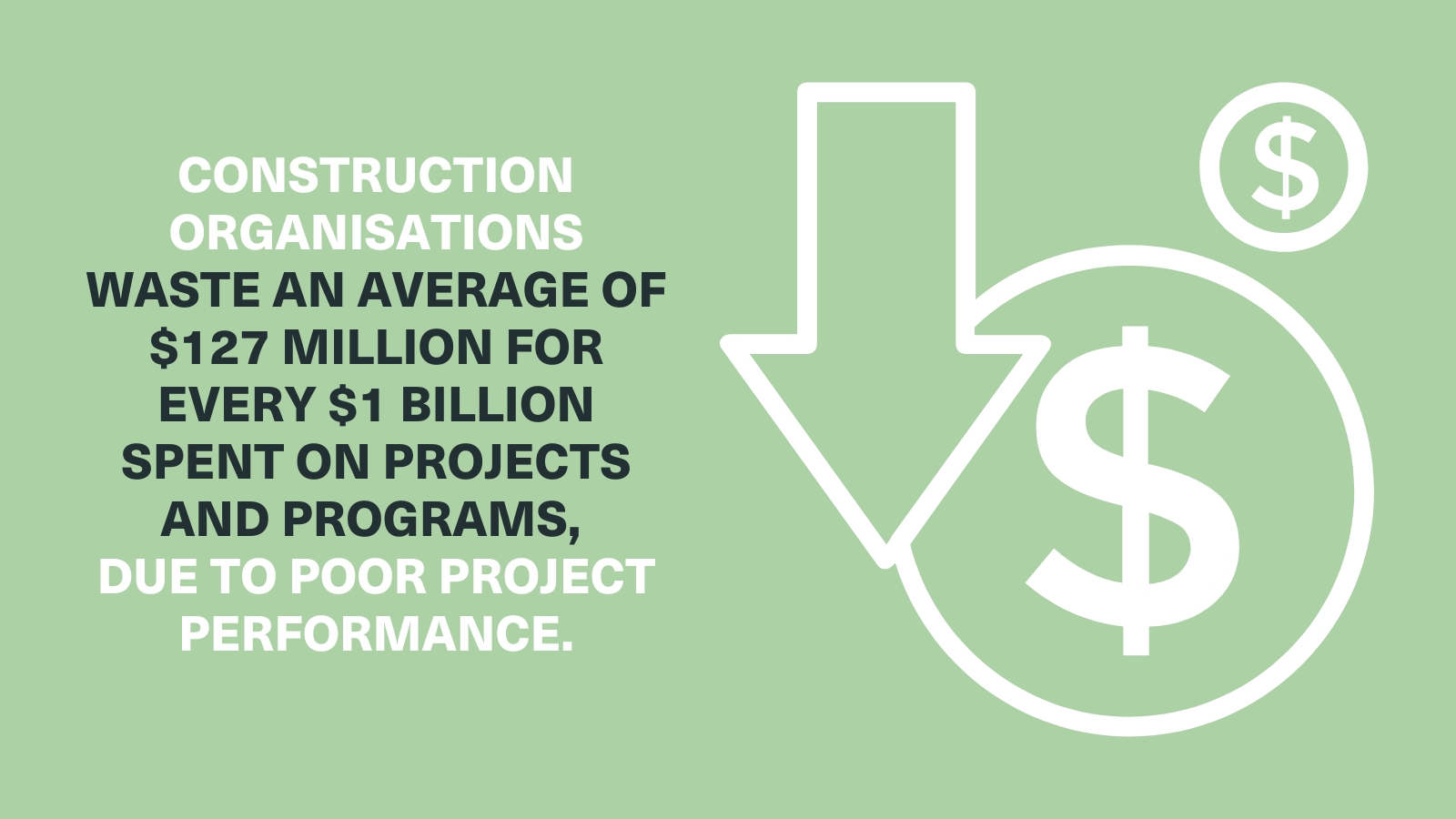The intricate world of construction project management demands a delicate balancing act. Construction project managers balance budgets, timelines, and a multitude of ever-shifting elements, all while navigating complex regulations and adhering to high safety standards. A staggering 80% of construction projects fall victim to schedule delays and budget overruns, according to a report by McKinsey & Company.
However, by incorporating these ten essential strategies, you can streamline your processes, effectively mitigate challenges, and ensure your projects run smoothly.
Establish Crystal-Clear Project Goals and Objectives
A well-defined roadmap forms the foundation of any successful construction project. Construction project managers should set SMART goals (Specific, Measurable, Achievable, Relevant, and Time-bound) for all project stages. Ensure all stakeholders, including architects, engineers, contractors, and subcontractors, are fully aligned on these goals. This unwavering clarity fosters improved decision-making within the construction project management team and avoids costly rework later down the line.
For example, instead of a vague goal of "completing the building shell," a SMART goal for a construction project manager might be: "Complete the building to a watertight condition by 31st December 2024, ensuring all structural elements meet building regulations and are signed off by the local authority building inspector."
Prioritise Seamless Communication Throughout the Project Lifecycle
According to the Project Management Institute (PMI), poor communication is the main reason why construction projects fail one-third of the time. Cultivate open communication channels between all parties involved in a construction project.
- Utilise collaborative tools specifically designed for construction project management, which often have built-in communication features. These tools can centralise project documents, tasks, and discussions, streamlining information flow and reducing confusion.
- Hold regular meetings (both in-person and virtual) to keep everyone informed on project progress, potential issues, and upcoming tasks. Encourage open communication and active participation from all stakeholders.

Adapt to Technology for Success
A vast array of construction management software solutions exists to streamline workflows in construction projects. Consider incorporating the following technologies:
- Project management platforms with features like scheduling tools, communication functionalities, and document sharing capabilities can significantly improve collaboration, reduce errors, and boost efficiency.
- Building Information Modelling (BIM) software creates a digital representation of the entire building project, allowing for clash detection (identifying potential conflicts between different building elements) before construction even begins, saving time and money in the long run.
By implementing these technologies, construction project managers can gain real-time insights, improve decision-making, and minimise errors.
Implement Lean Practices to Minimise Waste in Construction Projects
The core principle of lean construction is minimising waste and maximising efficiency throughout the construction project management process. Construction project managers can streamline processes by identifying and eliminating non-value-added activities.
Consider techniques like just-in-time material delivery, which reduces storage costs and the risk of damage, and pull planning, which ensures work is completed only when the next stage requires it, minimising rework.
When looking deeper into the best of the best projects, researchers found that high lean intensity projects (projects using a number of lean management methods) are 3 times more likely to complete ahead of schedule and 2 times more likely to complete under budget than low lean intensity projects.

Leverage Real-Time Data for Informed Decisions
Making decisions based on outdated information is a recipe for disaster. Construction project managers should utilise construction management software that provides real-time data on budgets, schedules, resource allocation, and potential risks. This empowers them to make informed adjustments and course corrections as needed within the construction project management process.
For instance, real-time data on material deliveries can help identify potential delays and enable the project manager to proactively communicate with suppliers and adjust the construction schedule accordingly.
Proactive Risk Management is Key
Proactive identification and mitigation of risks are paramount in construction project management. Construction project managers should conduct thorough risk assessments at every project stage and develop contingency plans to address potential issues. Remember, early identification of risks can lead to significant cost savings for the project.
Some common risks in construction projects include bad weather delays, material price fluctuations, and unforeseen ground conditions. By proactively identifying these risks and having contingency plans in place, the construction project manager can minimise their impact on the project schedule and budget.
In the past, the engineering and construction industry's informal approach to risk management frequently resulted in risks being identified too late in the project lifecycle, particularly concerning project schedules and delivery timelines. According to the Project Management Institute’s 2020 Pulse of the Profession survey, construction organisations waste an average of $127 million for every $1 billion spent on projects and programs, due to poor project performance.

Empower Your Team: A Skilled Workforce is Your Greatest Asset
A skilled and motivated workforce is a construction project's greatest asset. Construction project managers should invest in employee training and development to ensure their team possesses the necessary skills and knowledge to perform their jobs effectively within the construction project management process. Foster a culture of open communication where team members feel empowered to voice concerns and propose solutions.
Continuous Improvement is the Mantra
The construction industry is constantly evolving. Construction project managers should regularly evaluate their processes and identify areas for improvement. Benchmark against industry best practices and implement innovative solutions to enhance efficiency throughout the construction project management lifecycle. Consider techniques like:
- Post-project reviews: Analyse what went well and areas for improvement on past projects to inform future ones.
- Knowledge sharing: Encourage knowledge sharing within the team and learn from other construction projects.
- Embrace new technologies: Stay up to date on the latest construction management software and tools and integrate them into your workflows.
Celebrate Milestones
Recognise and celebrate project milestones and accomplishments. This fosters a positive work environment, motivates your team, and keeps everyone engaged in achieving the project goals. Celebrating milestones can be as simple as a team lunch or a public announcement acknowledging the team's achievements.
By incorporating these ten essential strategies, you can transform complex construction project management challenges into opportunities for success. Remember, clear communication, efficient processes, a culture of continuous improvement, and a motivated team are the cornerstones of a smooth-running construction project.
Conclusion
Effective construction project management requires a strategic approach, clear communication, and a skilled team. By following these ten strategies and understanding the step-by-step process, construction project managers can increase their chances of delivering projects on time, within budget, and to a high-quality standard.
About us
At Stonehaven, we understand the intricacies of construction project management. We navigate the complexities of budgets, timelines, and ever-evolving project elements, ensuring your vision becomes a reality.
Ready to discuss your next project? Contact Stonehaven today and let's turn your idea into a reality. We offer a comprehensive range of construction consultancy services to suit your specific needs, from project management and cost control to design support.







